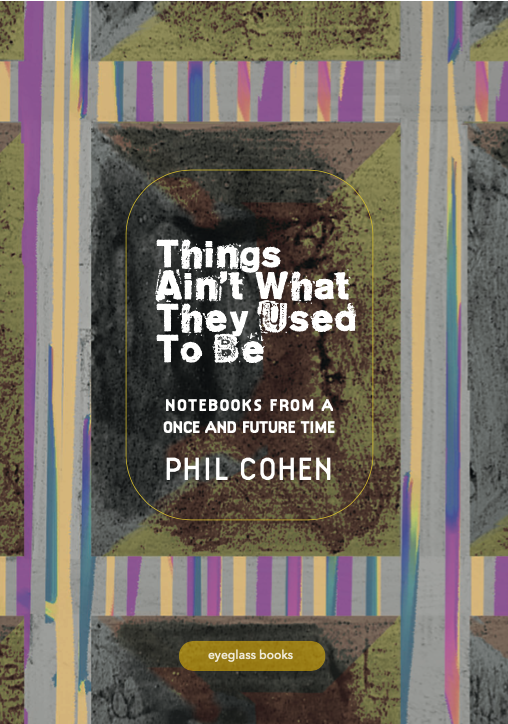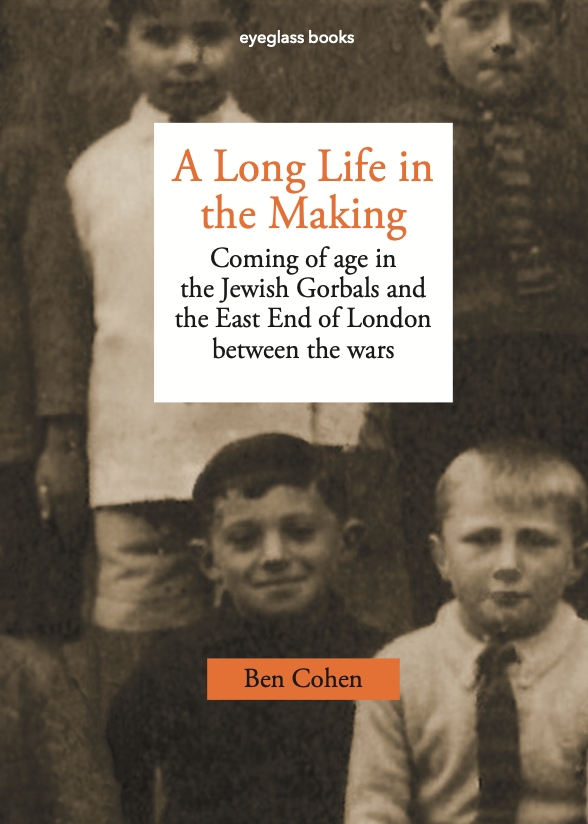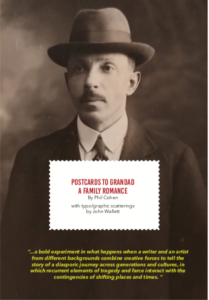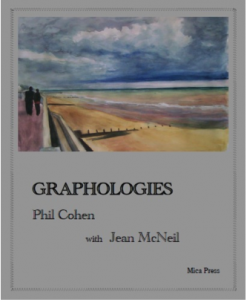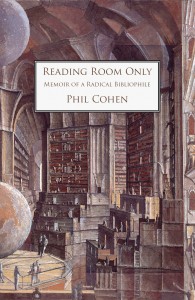LIVING IN TIME: IN MEMORIAM PHIL SALMON (1942- 2005)
I first met Phyllida Salmon when she was a colleague of mine at the London Institute of Education in the 1980’s. I was immediately struck by the precise and considered way she talked, as if she had given the matter a lot of thought and honed her perceptions accordingly. There was nothing pedantic about her approach – she just cut to the essentials of an argument, and expressed her ideas with the greatest clarity. She wrote in the same way , with a minimum of jargon and a total absence of academic pretentiousness .
She had studied English at Cambridge and it showed in her prose style. She then trained as an educational psychologist, coming under the influence of Don Bannister and personal construct theory. Her research concentrated on the informal processes through which teachers and students made sense of the experience of education, and in particular how this was influenced by gender. Her educational books were addressed to parents and teachers, as much as academics and educational policy makers. Psychology in the Classroom appeared in 1995 and Life at School in 1998. In these books she challenged the then dominant models of curriculum learning as a one way transmission of knowledge from teacher to student, and show how young people actively participated in the educational process.
She was one of the great supervisors, with a large and devoted network of students and ex-students and her book drawing on this experience Achieving a PhD (1982) has become a classic, influencing generations of post graduates and their supervisors.
She had a life long interest in the relationships between memory, narrative and social identity, which she explored in her book Living in Time (1985).
In 2003 she suffered an attack of cerebral palsy from which she partially recovered, only to then be diagnosed with a brain tumour. She continued working and writing almost to the end, running a course on Life History at Birkbeck and giving a paper to a festschrift organised in her honour by her colleagues in the British Psychological Society.
I read this poem at her funeral service, and it was subsequently read at a special memorial event at the Institute. In it I try to capture some of personal qualities that made her such an inspiring teacher, colleague and friend.
This poem is also available for viewing here: living in time
